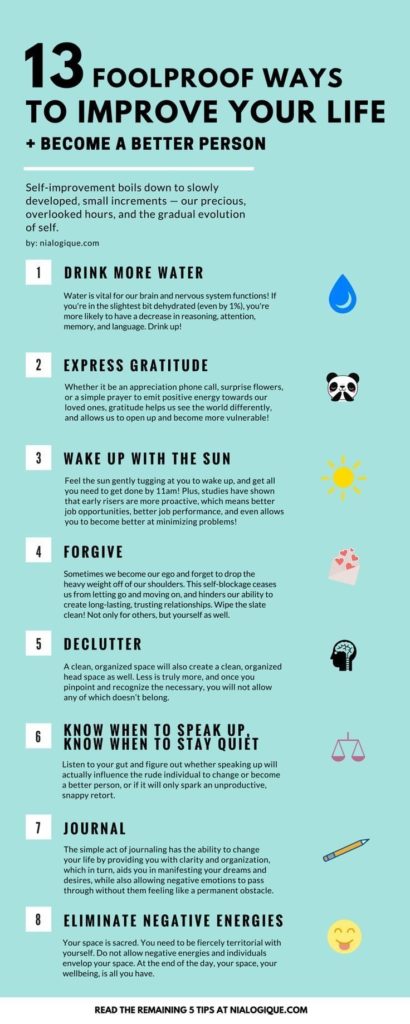We can become victims of anxiety for a number of reasons. A dramatic fact, a nervousness at an important moment or a great imagination that makes us see beyond reality are able to generate the symptoms of anxiety.
But whatever the reason, both have something in common, the first is the need to calm down and move on, the second is the physical symptom that causes the short circuit that results in anxiety and that fortunately we have the power to control.
- It doesn’t matter if you let yourself get into a state of anxiety.
- Either way.
- There’s shortness of breath that causes some kind of short circuit in your body and mind.
- Breathing becomes faster and shallower.
- Triggering the rest of the anxiety symptoms.
In other words, if you’re able to control your breathing, you can control the rest of your anxiety symptoms, but how do I control my breathing in such conditions?The truth is, it’s simpler than it looks.
To control your breathing, simply follow these simple steps to apply the famous 7/11 rule:
Do this for a few minutes. If you fail on the first attempt, don’t worry, repeat the process until you succeed, the secret is to make the aspiration greater than inhalation.
On many occasions we are aware of facts that can cause us anxiety because we have already lived them, but also because only thinking about them changes our mood, in those cases it is necessary to prepare so as not to be a victim of anxiety.
When you start experiencing the first physical reactions of anxiety to an event that hasn’t happened yet, it’s a sign that you should start taking certain precautions, don’t let anxiety overwhelm you.
These early answers will begin with an acceleration of breathing that will result in cold sweats, wet hands, moodiness, disorderly movements and other symptoms that will leave your mind even more fragile at the moment of truth, your imagination will do the rest.
If you find yourself in this situation, apply rule 7/11, do not try to justify or understand the situation or rationalize what is happening until you are able to control your breathing, and to do so, you must leave your mind empty. This way, you’ll be better prepared for the last moment and it’ll be easier to calm down when you feel anxious again.
Imagination plays a very important role and is responsible for our goals and goals, that we are able to plan our lives and that we can dream. But sometimes our imagination can play a bad trick on us.
When we expect something or a new circumstance, it is natural to think about what will happen, usually one is able to imagine scenarios that could be categorized on a scale that goes from the most favorable to the most favorable, however, there are people who can. Imagine only the bottom of the scale, and therefore overesesym the likelihood of negative scenarios occurring.
It is normal when the person has the vision that the world is a hostile place, full of traps designed to harm us, so controlling the anxiety that these thoughts cause us with the 7/11 rule will place us in a place where we can estimate realistically the probabilities of different scenarios.
In a state of anxiety, it is very difficult to think clearly, the mind is darkened. Emotions dominate us. That’s when emotions dilute when we can start calming down. Rationalizing emotions can change our brains, so we move from the emotional brain to the thinking brain.
To do this, think of a scale of 1 to 10 and give value to your own fear. In doing so, your brain will start thinking and fighting the emotional realm. Once you’ve valued your fear, imagine the value as if it were a thermometer and watch as the level gradually decreases.

